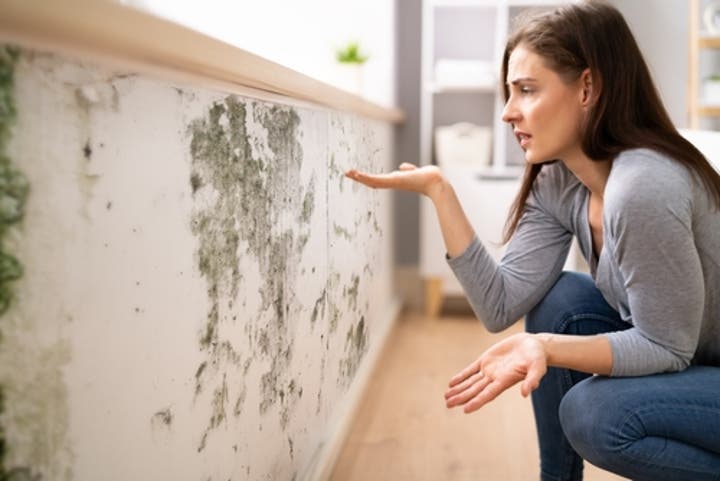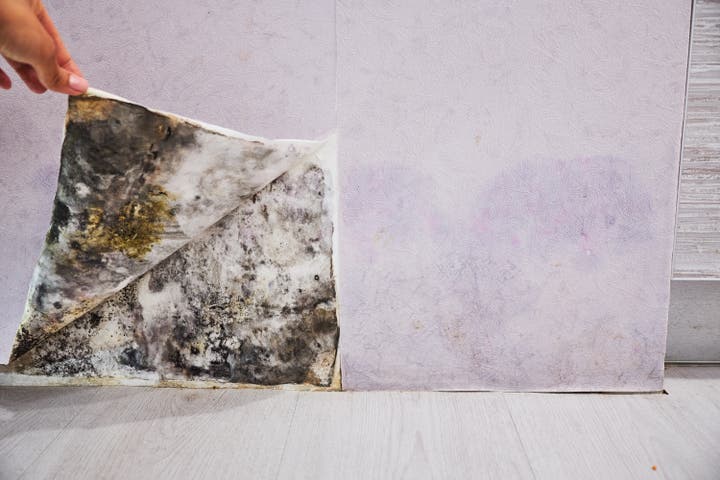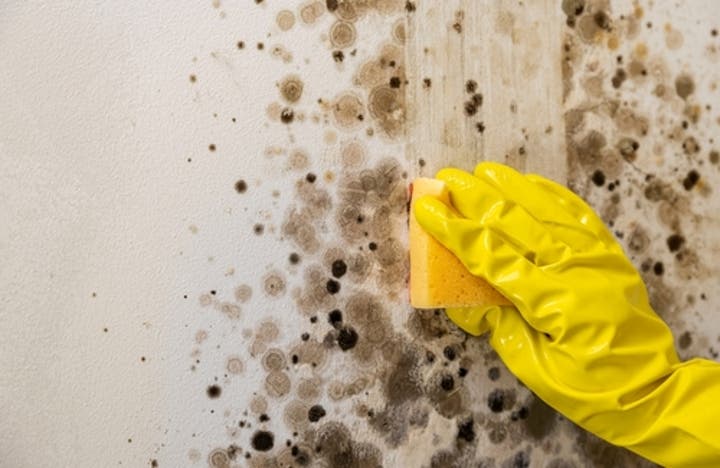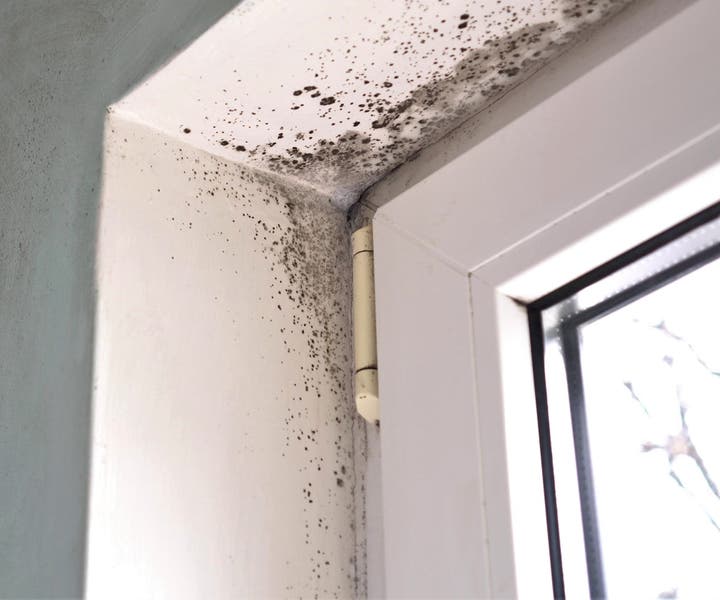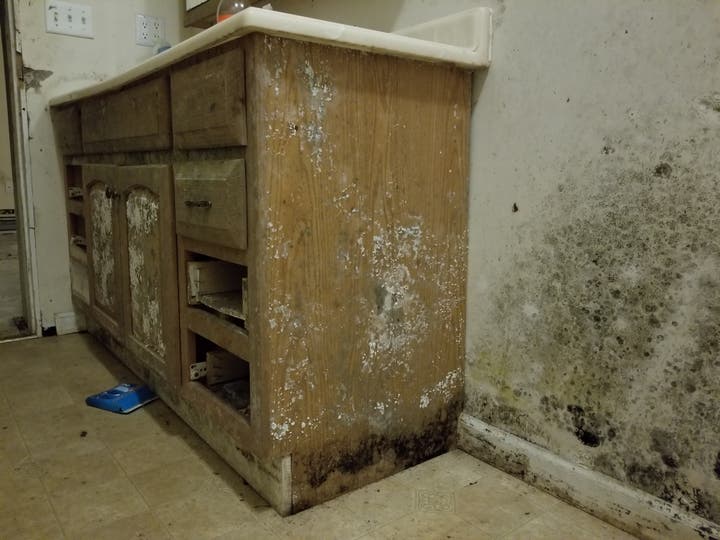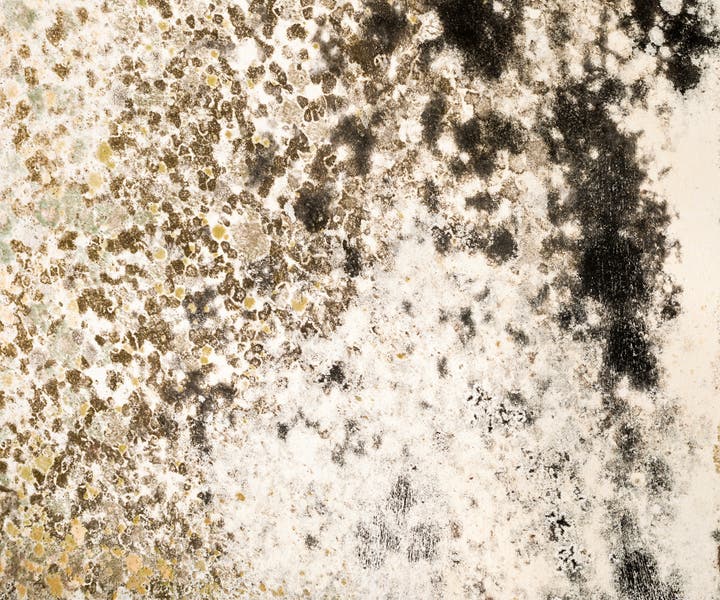
Mold Remediation Resources
If you've experienced mold in your home or business, you likely have questions. See our mold resources below for help.
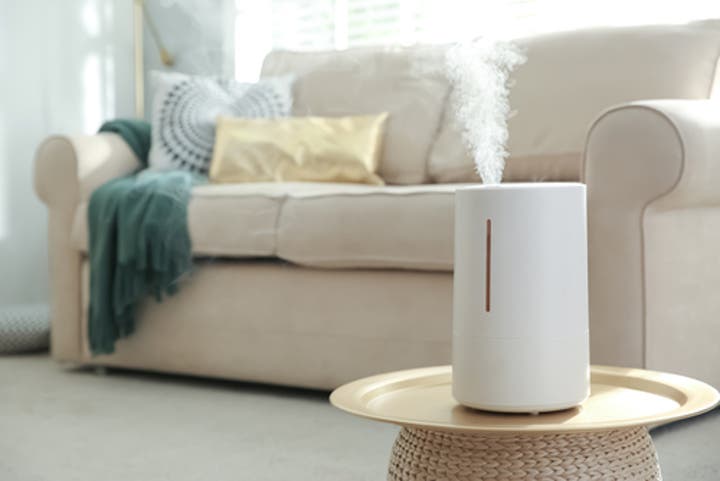
Humidifier Health: Keeping Indoor Air Healthy All Winter
Humidifiers are popular, useful appliances in homes and businesses, keeping air fresh and full of moisture when it gets dry. Wintertime can be especially hard on allergies and skin, causing bloody noses, dry sinuses, and …
Read More ›![Humidifier Health: Keeping Indoor Air Healthy All Winter]()
Humidifier Health: Keeping Indoor Air Healthy All Winter
Humidifiers are popular, useful appliances in homes and businesses, keeping air fresh and full of moisture when it gets dry. Wintertime can be especially hard on allergies and skin, causing bloody noses, dry sinuses, and cracked lips. Using a humidifier wisely is a key part of maintaining a well-functioning property, in the winter and year-round. Keeping your air healthy can help protect loved …Read More![Mold Guide: Types of Mold]()
Mold Guide: Types of Mold
Mold can be a serious problem for both homeowners and businesses. It can damage property and belongings, and it can lead to health concerns, especially for those with allergies or asthma. Mold can be hard to detect, since it typically appears in crawlspaces, airducts, attics, basements, and other hidden spots. It’s important to have a basic understanding of the different types of mold and how …Read More![Air Purifier vs. Dehumidifier]()
Air Purifier vs. Dehumidifier
Air purifiers and dehumidifiers are certainly useful appliances. But what are the differences, advantages, and disadvantages? Air purifiers and dehumidifiers are commonplace items. You see them in homes, businesses, and other spaces all the time. The terms are regularly used interchangeably, but there’s a distinct difference between air purifiers and dehumidifiers. An air purifier is a device …Read More![What is Mold?]()
What is Mold?
Mold is an everyday part of life, a natural part of the environment. It can enter your home or business through many avenues: on clothing and pets, through heating and cooling systems and ventilation systems, or with the wind when a door or window is opened. But what exactly is mold? Is it dangerous? Where is mold commonly found? Why does it grow? The Merriam-Webster Dictionary defines mold as …Read More![How to Get Rid of Musty Smell in Basement]()
How to Get Rid of Musty Smell in Basement
A musty smell in basement rooms can ruin even the nicest renovation or living space. If you’ve noticed unusual odors coming from the basement, it might be time to call in the professionals—as it might be a sign of dangerous allergens like mold and mildew. If this is your first time dealing with musty smell removal, there are a few things you should know before getting started.Before we get into …Read More![How to Get Rid of Mold & Mildew Smells]()
How to Get Rid of Mold & Mildew Smells
Whether you’ve been through a leaky roof or faulty pipe, water damage can leave behind a lingering odor. That mildew smell can ruin a new restoration or even be a sign that there are still potential health hazards in the home. Beyond your health, mold growth can cause wood to rot, which can impact your home’s structural integrity and lead to costly repairs. Getting rid of mildew smells can be …Read More![Mold Removal vs. Remediation]()
Mold Removal vs. Remediation
Microscopic mold spores exist naturally virtually everywhere, indoors and outdoors. That means removing all mold from a home or business is impossible. Some restoration businesses advertise “mold removal” and even guarantee to remove all mold. That’s a fallacy.A qualified restoration company understands the science behind mold and mold growth. SERVPRO has the training and expertise to remediate …Read More![How Long Does it Take for Mold to Grow?]()
How Long Does it Take for Mold to Grow?
Mold is an everyday part of life. Although it can never be completely removed from a space you may, understandably, have questions about this pesky growth. According to the Centers for Disease Control and Prevention (CDC), mold tends to enter homes and businesses through open windows and doors, clothing, and even on pets.While many of us are familiar with the common sign of mold in a property—a …Read More![What Is Black Mold?]()
What Is Black Mold?
Stachybotrys chartarum is the type of mold often called “black mold” or “toxic mold”. Sensational news reports warn about the dangers of black mold and these stories can be alarming and confusing. But any mold in your home should be treated with caution – stay out of affected areas and don’t touch or disturb the mold.Black grows slowly and thrives in man-made structures. Like most molds, water …Read More![How to Know if There is Mold in Your Walls]()
How to Know if There is Mold in Your Walls
Mold has plenty of tell-tale signs, but is there a way to know it’s growing inside your walls? Great news: there is. In fact, while the thought of mold in your home in any form can be daunting, finding and identifying it can be very simple.The Cambridge Dictionary’s definition of mold is “a soft, green or gray growth that develops on old food or on objects that have been left for too long in …Read More![The Mold Remediation Process]()
The Mold Remediation Process
In addition to causing significant property damage, mold can produce allergens and irritants that can cause health effects. SERVPRO® understands mold and mold growth, and has the training and equipment to remediate the mold in your home or business.Microscopic mold spores exist naturally almost everywhere, indoors and outdoors, so removing all mold from a home or business is impossible. Some …Read More![Mold Remediation: How to Do It]()
Mold Remediation: How to Do It
Let’s face it—mold seems to appear at the worst times. Whether it grows after flood water recedes, water lines burst, or you find it growing under your kitchen sink, the Nebraska Department of Health and Human Services says that in addition to being a sneaky, opportunistic growth, mold can also be a health hazard.If you’re reading this, you’ve probably found mold in your home or business, and …Read More![Mold Damage Tips]()
Mold Damage Tips
In as little as 48 hours, mold can quickly become a problem in your home or business when there’s a water intrusion, like a roof leak or leaking water line. Mold can cause health effects and can also cause significant damage to your property. SERVPRO® professionals have the training, protective gear, and specialized equipment necessary to handle your mold problem.If you have a mold problem in …Read More![Your Belongings and Mold Damage]()
Your Belongings and Mold Damage
Water and mold damage affects not only the structure of your house but also your belongings. SERVPRO understands that your home is more than a structure; your family’s furniture, clothing, keepsakes, and other belongings help transform a house into a home.SERVPRO specializes in restoring contents damaged by fire, water, or mold. Our expertise can help you save money while preserving precious …Read More
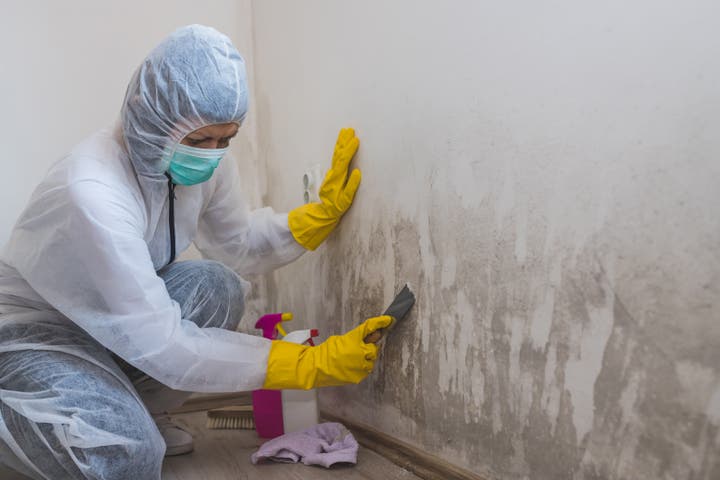
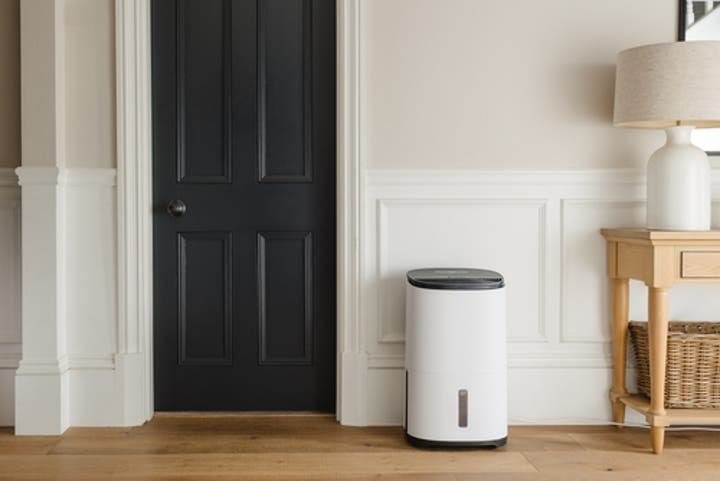
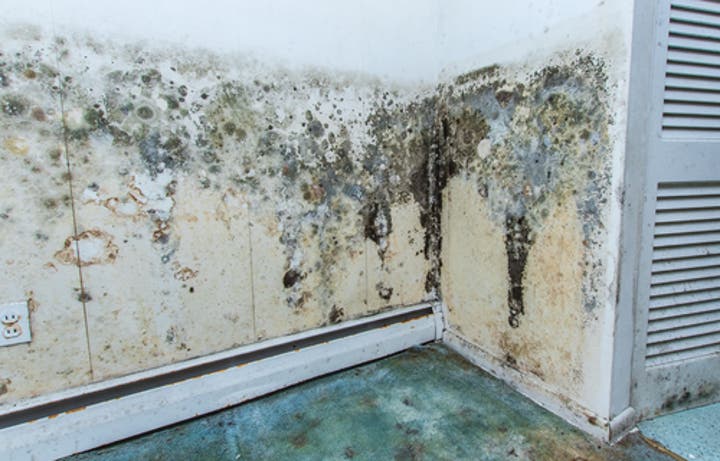
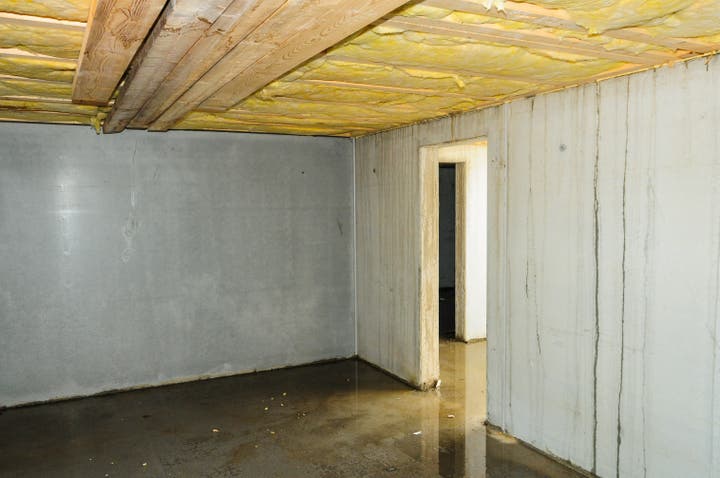
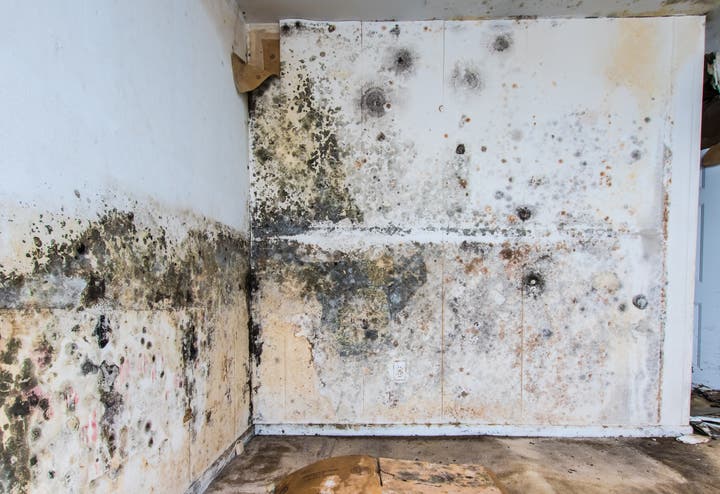

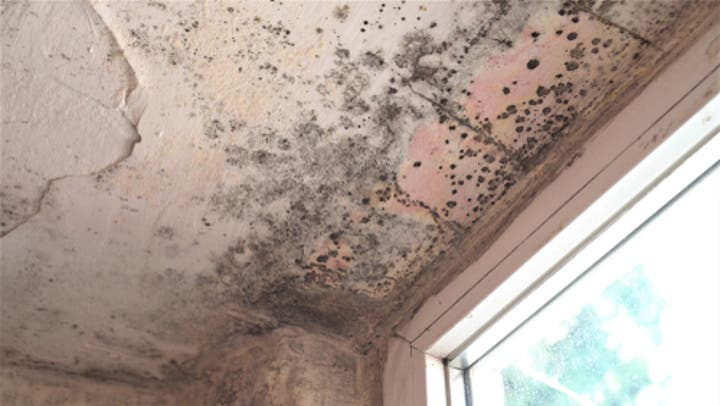
.jpg?width=720&format=jpg&quality=75)
